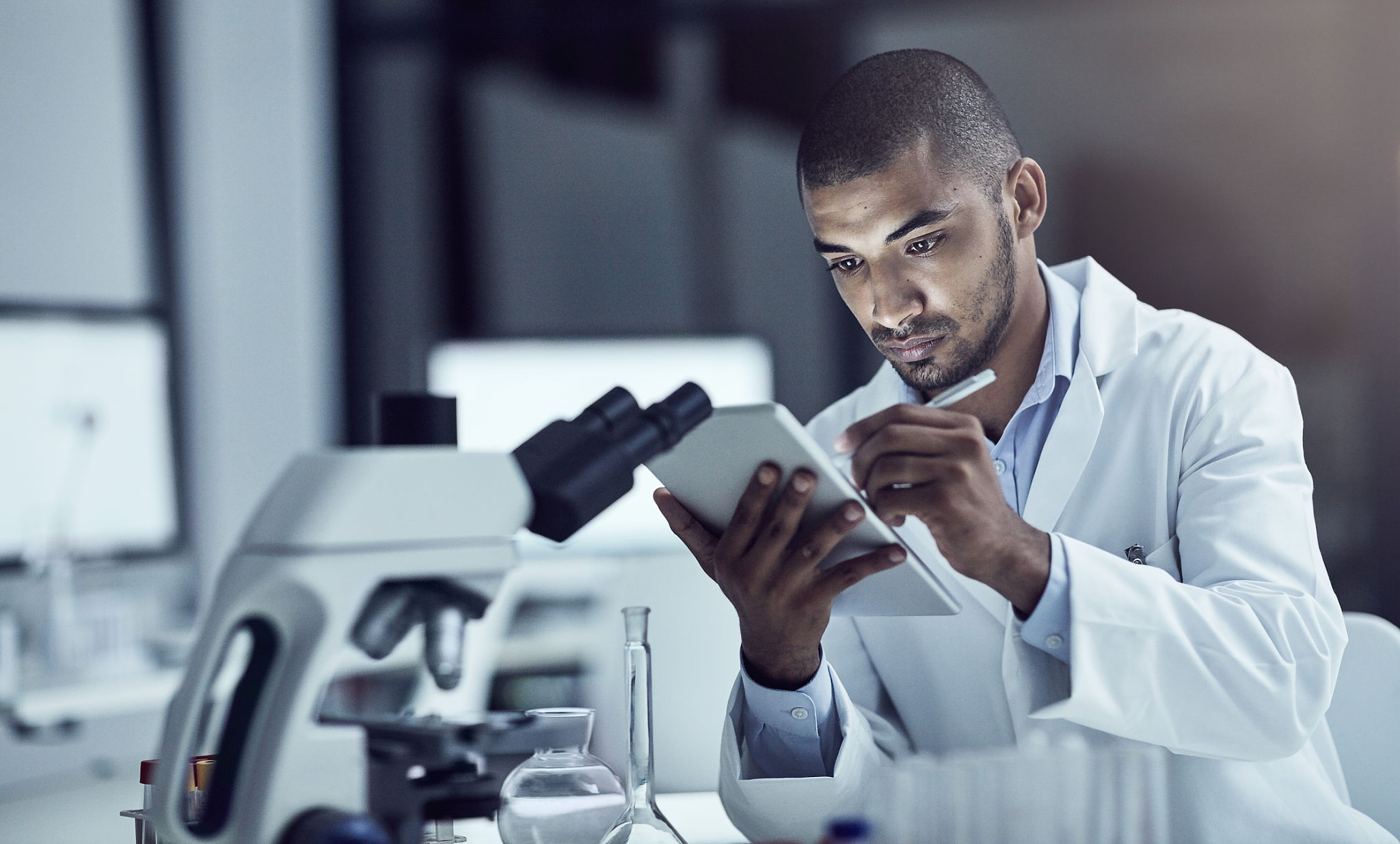Integrating AI and Machine Learning in Biotechnology: Challenges and Opportunities
Introduction to AI and Machine Learning in Biotechnology
Biotechnology is witnessing a transformative phase with the integration of Artificial Intelligence (AI) and Machine Learning (ML). These technologies are paving the way for groundbreaking advancements in various sectors of biotechnology, including drug discovery, genetic research, and personalized medicine. However, this integration also brings with it a host of challenges that need to be addressed to fully realize its potential.
AI and ML offer the ability to analyze vast amounts of biological data swiftly, uncovering patterns that would be impossible for humans to detect manually. This capability is revolutionizing how we approach complex biological systems and diseases.

Opportunities in Biotechnology
Accelerating Drug Discovery
One of the most promising applications of AI and ML in biotechnology is the acceleration of drug discovery. By using AI algorithms, researchers can predict how different compounds will interact with biological targets, significantly reducing the time required for clinical trials. This not only speeds up the process but also reduces costs, making life-saving drugs more accessible.
Personalized Medicine
AI and ML are also integral to the development of personalized medicine, which tailors medical treatment to the individual characteristics of each patient. By analyzing genetic information and other health data, these technologies help in predicting disease susceptibility and treatment responses, leading to more effective and customized healthcare solutions.

Challenges in Integration
Data Privacy and Security
One of the primary challenges in integrating AI and ML into biotechnology is ensuring data privacy and security. The sensitive nature of genetic and medical data requires stringent measures to protect it from unauthorized access and breaches. Developing robust security protocols is essential to maintain patient confidentiality and trust.
Regulatory Hurdles
Another significant challenge is navigating the complex regulatory landscape. As AI and ML technologies continue to evolve, regulatory bodies must adapt to ensure that these innovations are safe and ethical. This involves updating existing regulations and creating new frameworks that address the unique aspects of AI and ML applications in biotechnology.

The Future of AI and ML in Biotechnology
The future holds immense promise for the integration of AI and ML in biotechnology. As these technologies become more sophisticated, they will enable new discoveries and innovations that were previously unimaginable. Continued investment in research and development, coupled with addressing current challenges, will be crucial in unlocking their full potential.
Ultimately, the successful integration of AI and ML in biotechnology will depend on collaboration between researchers, industry leaders, and policymakers. By working together, we can harness these powerful tools to advance human health and well-being.
